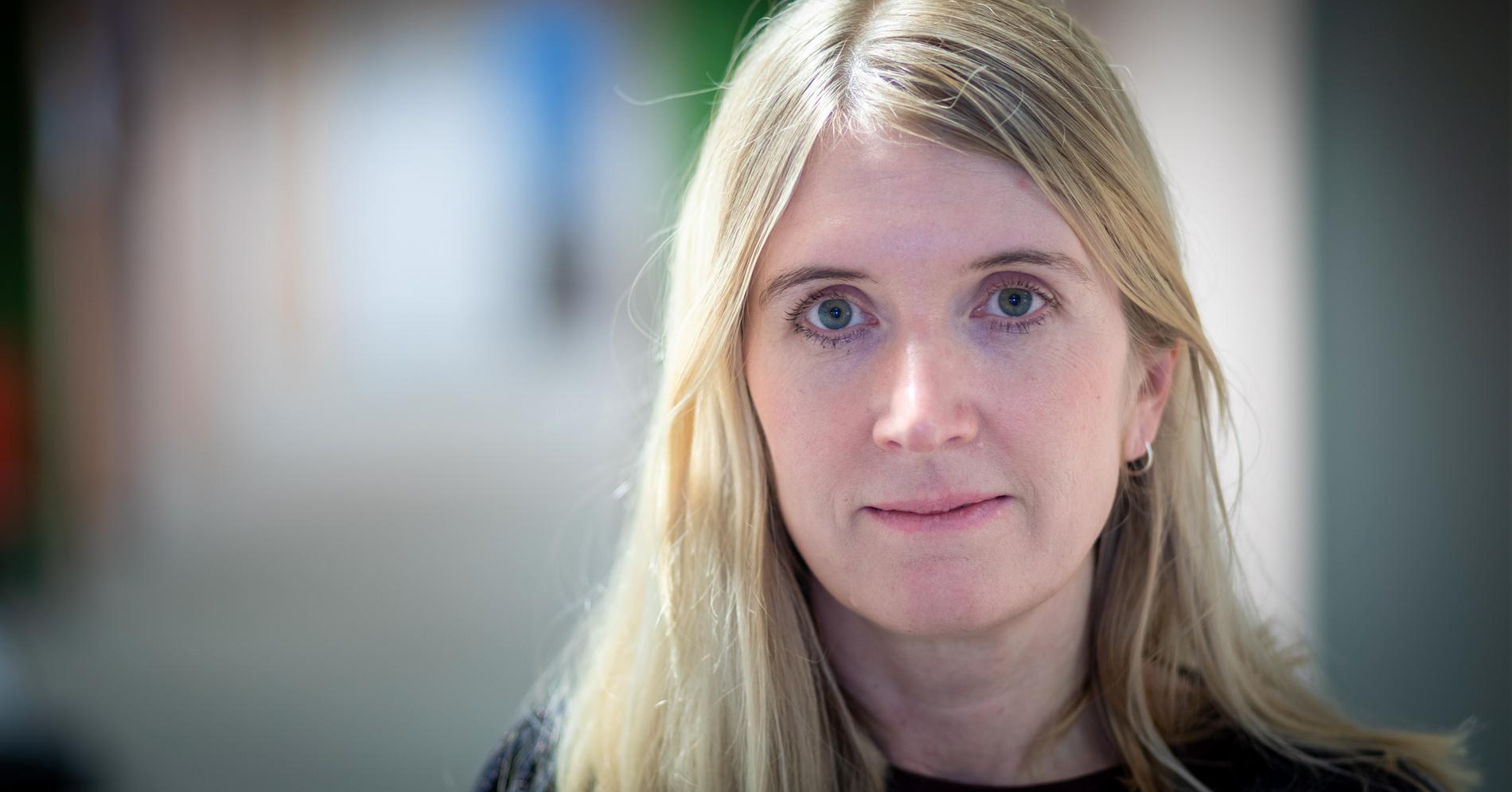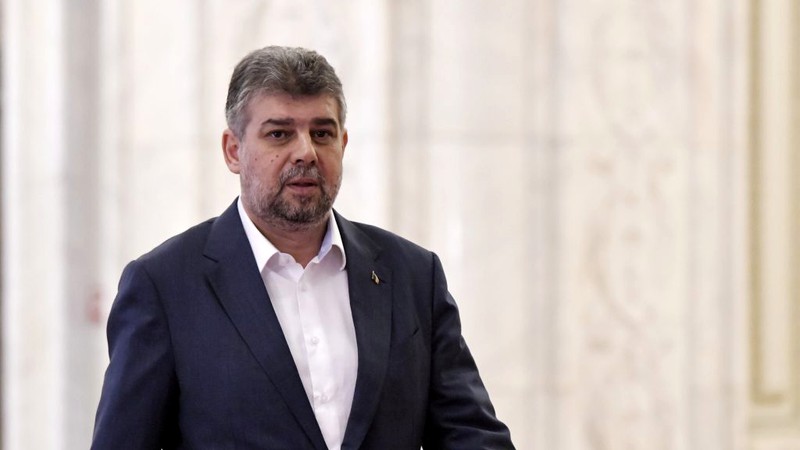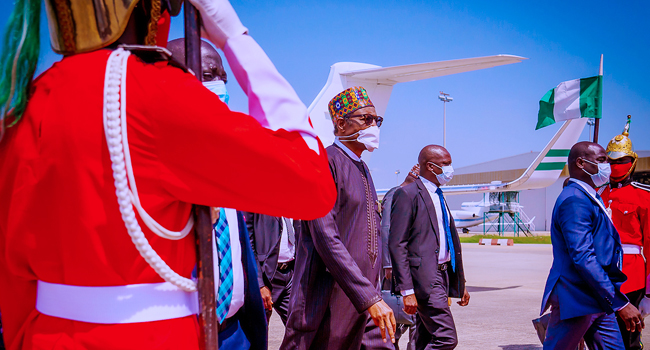Three US Supreme Court justices question why detainee Abu Zubaydah cannot testify about alleged CIA ‘torture’.
The United States Supreme Court has begun hearing the case of a Guantanamo detainee seeking to compel two CIA contractors to testify about the alleged torture he was subjected to at an agency “black site” in Poland.
The country’s top court heard oral arguments on Wednesday in the case of Abu Zubaydah, who has been held at the infamous US-run prison camp in Cuba since 2006, with three of the nine justices asking why he cannot speak for himself.
“Why not make the witness available? What is the government’s objection to the witness testifying on his own treatment and not requiring any addition from the government of any kind?” Justice Neil Gorsuch asked.
Zubaydah’s lawyers have filed a complaint against Poland in Polish and European courts for its role in the harsh treatment he received from the CIA while detained in the country.
As part of the case, Zubaydah is seeking testimonies from James Elmer Mitchell and John Jessen, known as the architects of the CIA’s enhanced interrogation programme.
The US government is blocking the request, arguing that questioning Mitchell and Jessen would reveal “state secrets”. After legal battles in the lower courts, the case has made it to the Supreme Court.
Supreme Court Justices Stephen Breyer and Sonia Sotomayor echoed Gorsuch’s questions during the hearing on Wednesday, and they also asked why Zubaydah remained at Guantanamo.
“I don’t understand why he is still there,” Breyer said. “We want a clear answer,” Sotomayor added.
Senate report
In a court filing, Zubaydah’s lawyers said the US government is preventing him from offering his testimony “as the victim of a crime normally would”.
Zubaydah, a stateless, Saudi-born Palestinian man whose formal name is Zayn al-Abidin Muhammad Husayn, was captured in Pakistan in 2002 as an “enemy combatant” with suspected links to al-Qaeda.
His lawyers allege that he was tortured at secret CIA locations known as “black sites” for years after his capture before being transferred to the US detention facility at Guantanamo Bay, Cuba, where he remains without charge.
A 2014 US Senate Intelligence Committee report detailed the harsh treatment Zubaydah underwent while in CIA custody, including repeated waterboarding, confinement in small spaces and sleep deprivation.
The report said that for months he was subjected to enhanced interrogation techniques that rights advocates describe as torture on a “near 24-hour-per-day basis”.
“Abu Zubaydah frequently ‘cried’, ‘begged’, ‘pleaded’, and ‘whimpered’, but continued to deny that he had any additional information on current threats to, or operatives in the United States,” the report stated.
It is not clear if this treatment took place in Poland or another country. The CIA has not disclosed the location of its black sites, but the European Court of Human Rights confirmed in 2015 that Zubaydah was held in Poland between 2002 and 2003.
The US government has described Zubaydah in a court filing as “an associate and longtime terrorist ally of Osama bin Laden”, but his lawyers have rejected the assertion as “categorically false”.
The 2014 Senate report said “CIA records do not support” the agency’s claims that Zubaydah was one of the planners of the 9/11 attacks.
Zubaydah is one of 39 detainees who remain at Guantanamo, which has housed nearly 800 detainees linked to the US’s so-called “War on Terror” since 2002. Most have been held without formal charges.
Rights groups continue to call for the closure of the military prison, saying the detainees’ human rights and due process have been violated.
Today the Supreme Court heard arguments on whether torture survivor Abu Zubaydah can get testimony from CIA torture architects about his brutal treatment at CIA black sites.
The government claims their testimony is barred as “state secrets.” That’s not true.
— ACLU (@ACLU) October 6, 2021
Earlier this year, the Biden administration said it launched a review to close Guantanamo.
In a petition to the Supreme Court backing Zubaydah’s position, the American Civil Liberties Union (ACLU) urged the justices to approve the subpoenas for the former CIA contractors, arguing that much information about the agency’s “torture” programme is already public.
“Judges are capable of overseeing discovery regarding the CIA torture program, and permitting inquiry into nonprivileged information while protecting information deemed legitimately confidential,” the ACLU brief said.
Source
:
Al Jazeera and news agencies
Note: This article have been indexed to our site. We do not claim legitimacy, ownership or copyright of any of the content above. To see the article at original source Click Here












